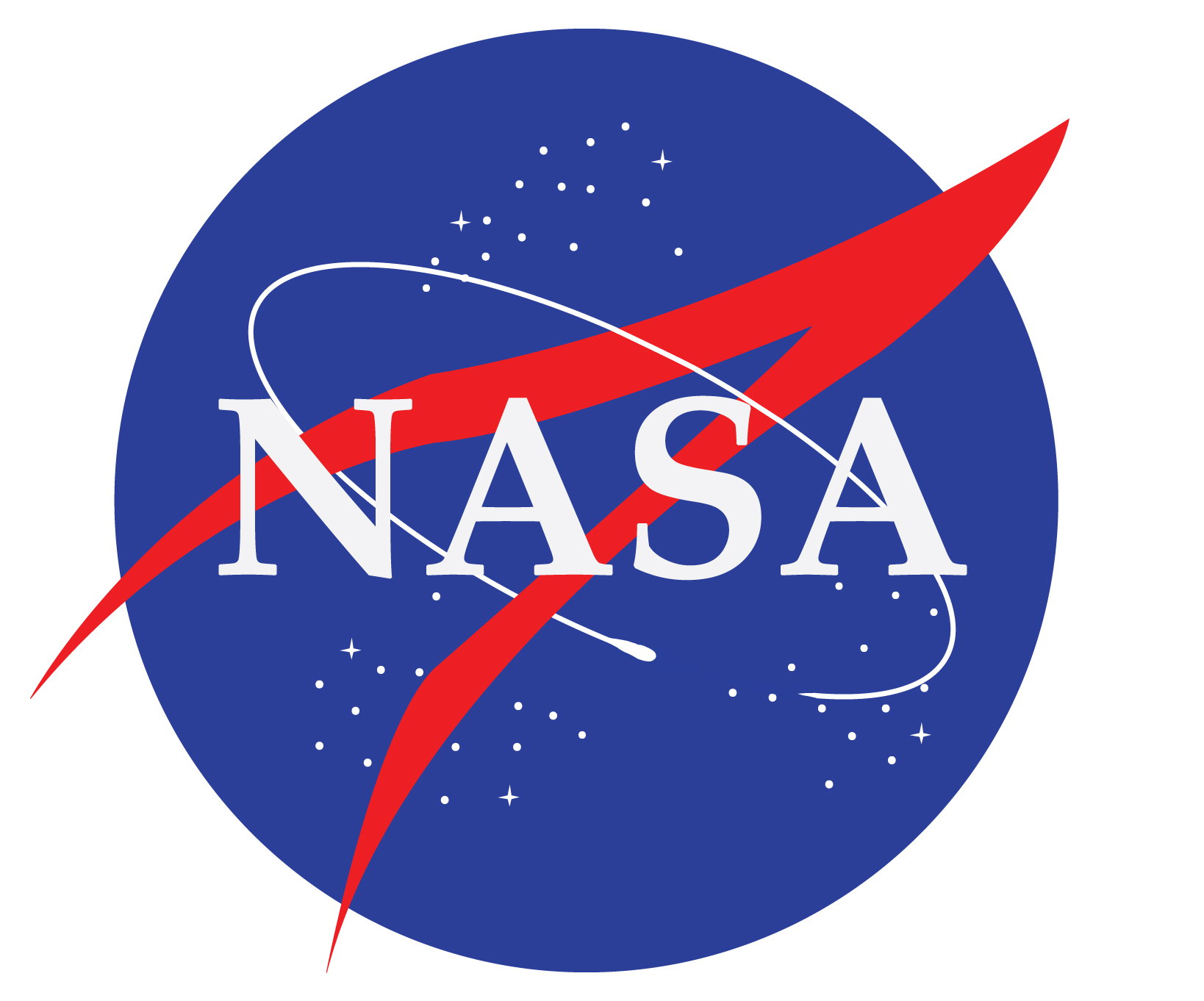Part 1 of 2 Parts
Recent research has shown that astronauts are at a higher risk for developing mutation that can increase the risk of developing cancer and heart disease in their lifetimes. This mutation risk may be related to spaceflight. This is a first of its kind study from the Icahn School of Medicine at Mount Sinai revealed the problem.
A team of Icahn researchers collected blood samples from National Aeronautics and Space Administration (NASA) astronauts who flew space shuttle missions between 1998 and 2001. The scientists discovered DNA mutation known as somatic mutations in the blood-forming system (hematopoietic stem cells) in all fourteen astronauts whose blood was studied.
The research was published in the August issue of the journal Communications Biology. The article suggests that spaceflight could be associated with these mutations and emphasized the importance of continuing blood screening of astronauts throughout their careers and during their retirement to monitor their health.
Somatic mutations are mutations that occur after a person is conceived and in cells other than sperm or egg cells. This means that they cannot be passed along to offspring. The mutations identified in this study were characterized by the overrepresentation of blood cells derived from a single clone. This is a process called clonal hematopoiesis (CH).
This type of mutation is frequently caused by environmental factors such as exposure to ultraviolet radiation or certain chemicals. It may be a result of cancer chemo- or radiotherapy. There are few signs or symptoms associated with CH. Most patients are diagnosed after genetic testing of their blood for other diseases. Although CH is not necessarily an indicator of disease, it is definitely associated with a higher risk for cardiovascular disease and blood cancer.
David Goukassian, MD, is Professor of Medicine (Cardiology) with the Cardiovascular Research Institute at Icahn Mount Sinai and the lead author of the study. He said, “Astronauts work in an extreme environment where many factors can result in somatic mutations, most importantly space radiation, which means there is a risk that these mutations could develop into clonal hematopoiesis. Given the growing interest in both commercial spaceflights and deep space exploration, and the potential health risks of exposure to various harmful factors that are associated with repeated or long-duration exploration space missions, such as a trip to Mars, we decided to explore, retrospectively, somatic mutation in the cohort of 14 astronauts.”
The subjects of the study were astronauts who flew relatively short space shuttle missions between 1998 and 2001. Their median age was about forty-two years old; around eighty five percent were male, and six of the fourteen were on their first mission. The researchers collected whole blood samples from the astronauts ten days before launch and on the day they landed. White blood cells were sampled three days after landing. The samples were stored at -176 degrees Fahrenheit for about twenty years.
The blood samples were subjected to DNA sequencing followed by extensive bioinformatics analyses. Researchers identified thirty-four mutations in seventeen CH-driver sites. The most frequent mutations identified occurred in TP53. This is a gene that produces a tumor-suppressing protein. Another of the most frequently mutated genes was DNMT3A which is implicated in acute myeloid leukemia.
Please read Part 2 next
